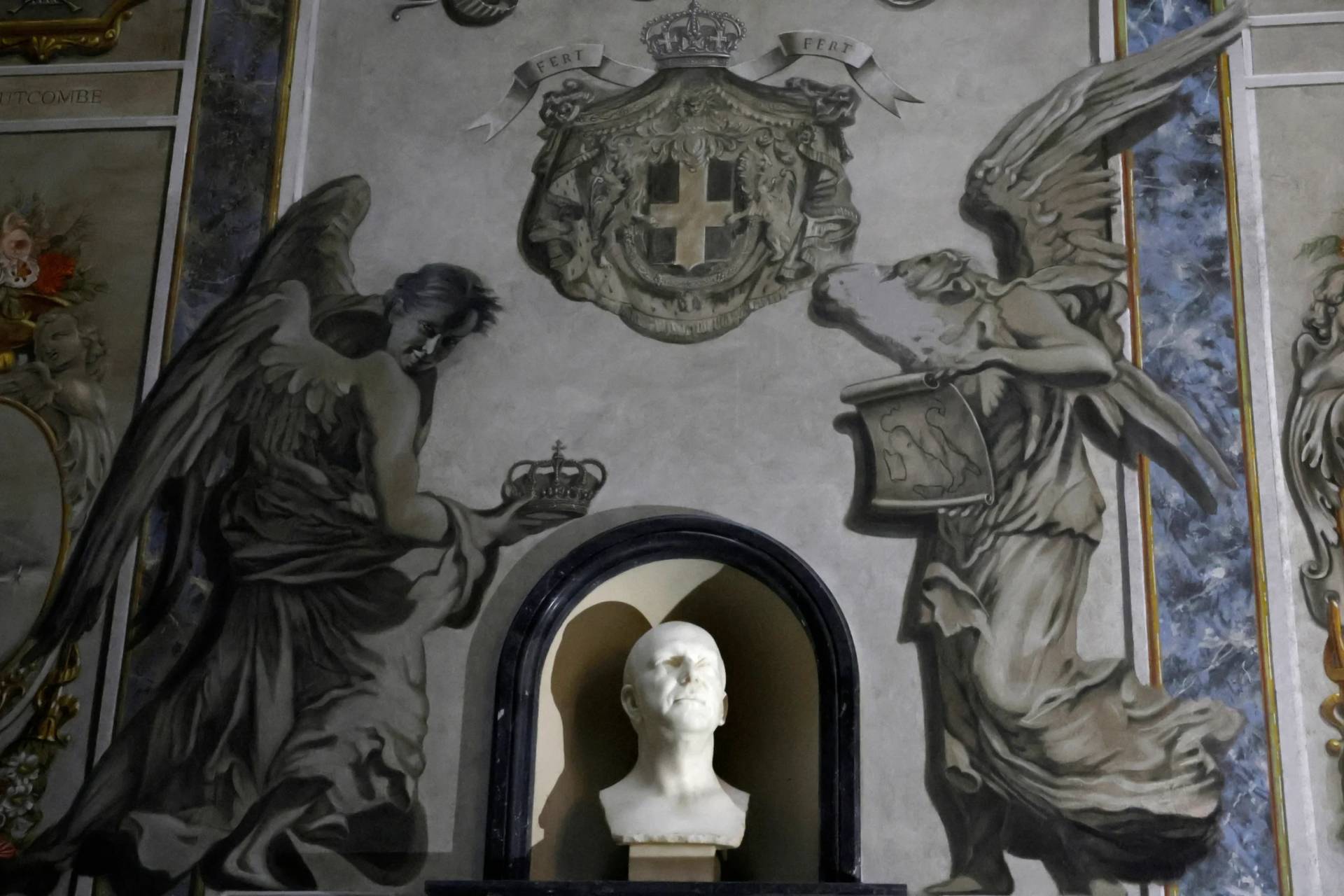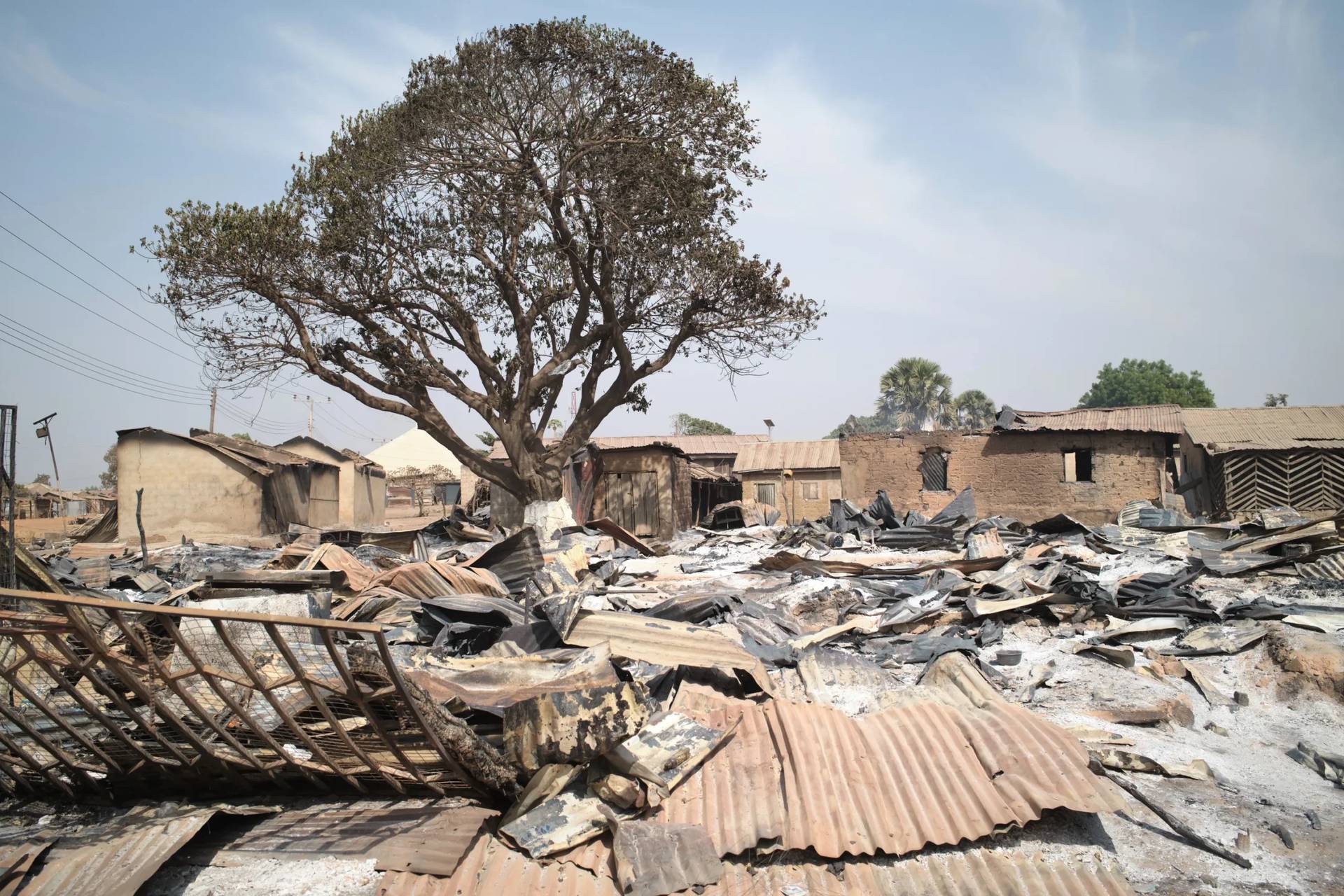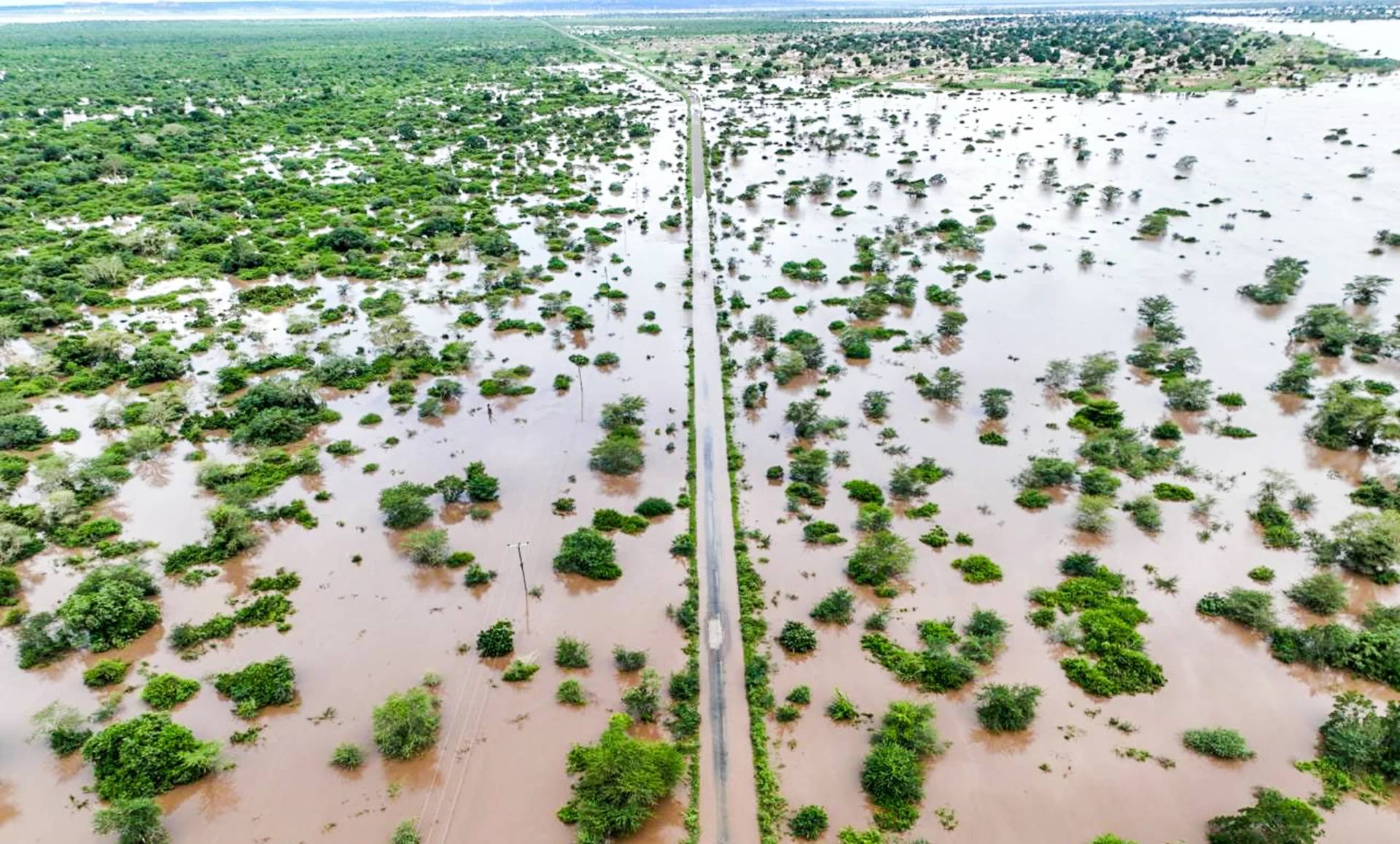SPRINGFIELD, Illinois — Dan Frachey of Springfield said he doesn’t believe in “a capricious or mercurial God.”
The COVID-19 pandemic has caused deaths, stripped people of their livelihoods and even shuttered places of worship.
But Frachey, a Catholic and program director for the Chiara Center, a spiritual retreat center in Springfield, rejects any theology that pins the blame on God.
“When bad things happen, people write that maybe God’s trying to teach us something,” Frachey said. “I don’t believe in that God.”
Driss El Akrich, a Springfield Muslim, said even in the miasma of a pandemic he sees people’s faith lives more deeply planted and more prayer and sacrifice being offered. He said Muslims can look to the words of the prophet Muhammad for encouragement.
“Muhammad said God never gave us any significant disease without giving a cure for it.”
With Christians marking the beginning of Holy Week today as a lead-up to Easter on April 12, the Jewish community celebrating the first night of Passover Wednesday and Muslims a little over two weeks from the start of Ramadan, they do so in a time of upheaval, with the coronavirus seemingly touching every facet of life.
Over 50,000 people worldwide have succumbed to the virus. Political leaders have implemented “stay at home” measures and discouraged large gatherings leading most places of worship to re-fashion how they stay connected with their communities, mainly through online streaming services.
People of faith say they still see God at work amid the uncertainty.
For Willa Barger of Chatham, God is multi-faceted. There is the wrath of God, Barger said, but also “a God of grace and mercy. I have faith in God because he’s still in control. He’s taking care of things behind the scenes we don’t see.”
A Sunday school teacher and a lifelong member of Union Baptist Church, Barger said she hopes to come out of the current situation “stronger in my faith” by strengthening others and praying.
The Rev. Blythe Denham Kieffer, the pastor and head of staff at Westminster Presbyterian Church, said she has come to embrace and teach the “transcendent perspective,” which means to be able “to look beyond what is in front of us.
“It allows us to put our present circumstances in the proper perspective, to see things not only from our point of view, but also from another point of view, and most importantly from God’s perspective,” Kieffer added. “Because of faith in a loving God who is for each of us and all of us, we can look beyond the immediate crisis, wait with hope while honoring the guidelines for the well-being of our communities and world.”
For Rabbi Mendy Turen, the mystery of where is God in the midst of all the suffering is “the million dollar question,” he said. “We’re all suffering in this and it brings up the question every day.”
Turen, the founder and director of the Chabad Jewish of Springfield, said suffering is part of the natural but one of the best tools is to “understand that we’re in God’s hands. Wash your hands often, but remember whose hands you’re in.”
“There’s always some sort of suffering,” Frachey agreed. “It’s all around us. This time we’re suffering communally. When suffering happens, we can grow from it.”
El Akrich, a legislative assistant to Illinois Rep. Mary Flowers, said the pandemic has made people rearrange priorities “with faith on top. People are rethinking this life. We’re here to serve God, but we cannot do that without serving humanity.
“When you go serve in (St. John’s) Breadline of MERCY Communities, you just go and serve. You don’t ask if you’re Muslim. In times of calamity, you see people of all different faiths working (together). It’s good for us to unite and get past this pandemic. We’re all in this together,” he said.
Turen added “that it’s human nature that people need God more in certain times. We’re there to nurture it. God never closes the door. We always have a chance. The moment is always now. Every day we serve God, we’re doing the right thing.”
“Presbyterians believe,” said the Rev. Susan Phillips, pastor of First Presbyterian Church, “that in life and in death we belong to God. So, in the midst of pandemic, we live out of gratitude for divine love and justice, just like any other day. The difference now is that we are staying home to save lives and finding new ways to serve faithfully.”
Turen said it isn’t lost on him that this Passover, which begins Wednesday night, is much like the first one 3,300 to 3,500 years ago in that it is a time of plague or pandemic. The situation will dictate that it will be a mostly family affair.
As Jews partake of matzah, or unleavened bread, at the seder meal, it is a reminder, Turen said, “of our ancestors for health and strengthening of faith, two things we need now more than ever.”
If the mosque in Springfield is still closed due to the limit on social gatherings as Ramadan begins the evening of April 23, “it will be a challenge for some Muslims,” said El Akrich, noting that many gather there for evening prayer.”
Barbara Fuhrwerk said her community, Holy Family Inclusive Catholic Church, has gone to online mass and Zoom for meetings.
“The depth of friendship I have with my faith community,” Fuhrwerk admitted, “somewhat eluded me until we can’t be together.” The online communication, Fuhrwerk admitted, “often leaves me in tears as I am aware of missing the physical presence.”
Barger said she would love to be in Union Baptist’s sanctuary on Easter Sunday “but we can’t be,” she said. “You could dwell on what you’re not able to do. I’m dwelling on the alternative and being grateful.”
While she has a new appreciation of technology and how it’s kept her community together, Rev. Kieffer said “in a way we take gathering physically for granted. It will be an incredible joy to be in each other’s presence again.”
Added Frachey, “now we have Zoom and all sorts of different things that mean connection. Technology is helping. We’re discovering who we are (as a church) without the construct of buildings or committee meetings.”













